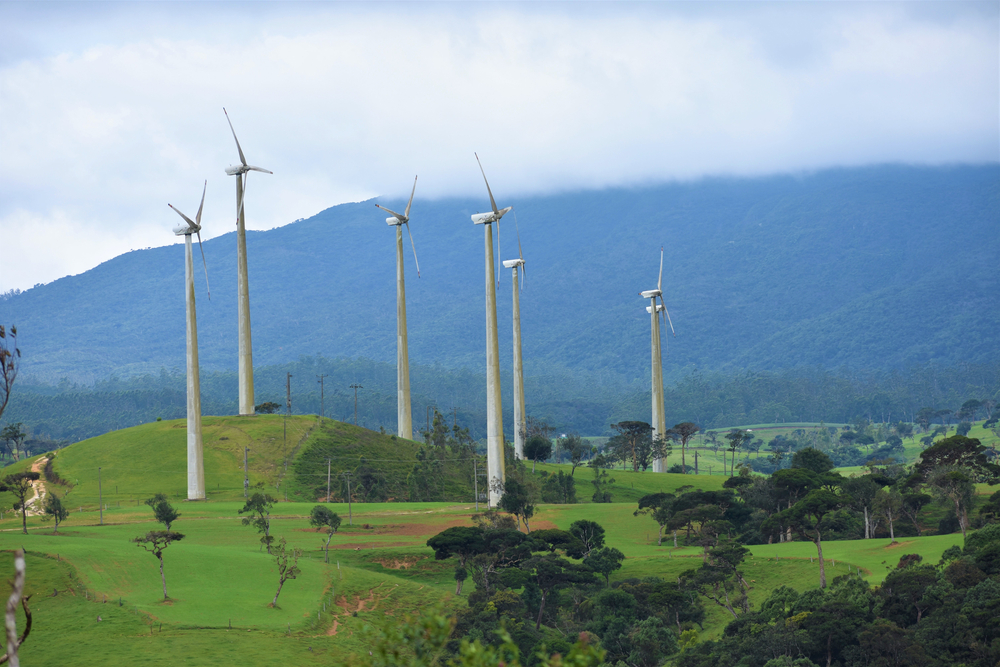Sri Lanka sees clean energies as key for building a green economy
The government is seeking foreign funding for green bonds to meet the country’s climate commitments

Sri Lanka’s government plans to discuss with foreign parties to obtain green bonding financing facilities to fund ongoing green projects, reported Daily Mirror.
The government is initiating such plans in order to meet the nation’s climate commitments and achieve the Sustainable Development Goals.
Finance Minister Basil Rajapakse said, “I propose to encourage state as well as private sector banks to develop this type of financing facilities.”
He emphasised the importance of global collaboration in helping devise sustainable solutions to global issues like climate change.
“These cannot be solved only through domestic measures. These require collaborations internationally. Local and international interventions are being looked at. We must also be a partner in these ventures,” he said.
He particularly stressed the country’s outlook in using renewable and clean energies to build the aspired green economy, including future possibilities in exporting green hydrogen.
“The potential to generate electricity from renewable sources such as wind, ocean waves and solar exceeds Sri Lanka’s energy requirement. As such, Sri Lanka has the opportunity to produce and export green hydrogen from the surplus of renewable energy,” he added.
Furthermore, he noted that electricity-fuelled renewable energies are required to obtain the benefits of electric three-wheelers and motorcars.
More: Sri Lanka authority develops and maintains two leisure parks in Colombo
The government has been focusing on such electric vehicles to reduce Sri Lanka’s fuel import bill.
In the 2022 budget, it was proposed to allocate an additional SLR500 million (USD2 million) to support encouraging private investment in the renewable energy sector, in order to fulfil 70 percent of the aggregate electricity demand through renewable energy by 2030.
The Property Report editors wrote this article. For more information, email: [email protected].
Recommended
Why everyone is moving to Selangor and Johor: Malaysia’s real estate comeback
Malaysia’s upturn in fortunes is especially prevalent in secondary destinations such as Selangor and Johor
Penang’s silicon boom: How the US-China tech war is supercharging local real estate
Penang’s booming semiconductor industry has created ripples within the local real estate sector
New leader, new opportunities: How Hun Manet is shaking up Cambodia’s real estate game
Hun Manet is overseeing decent economic growth and widening access to the country’s real estate market for foreigners
Singapore embraces inclusive housing reforms amid resilient demand
The Lion City’s regulatory strength continues to exert appeal for international investors








